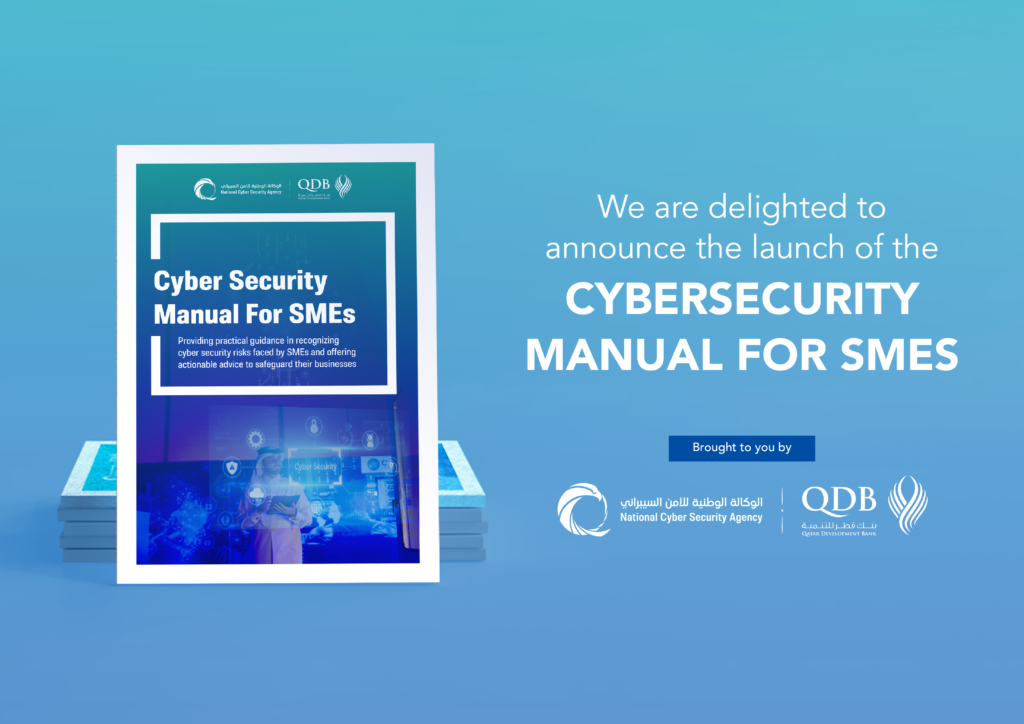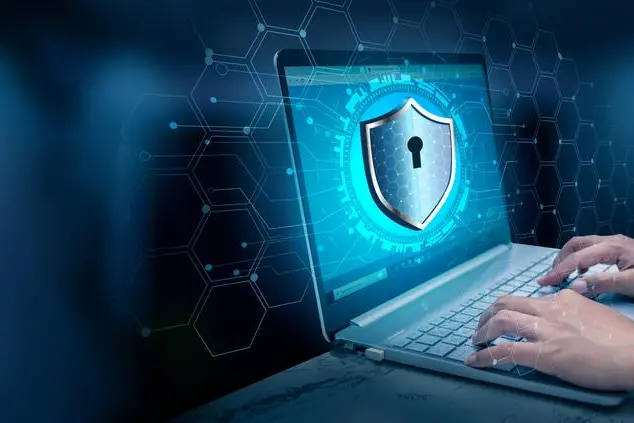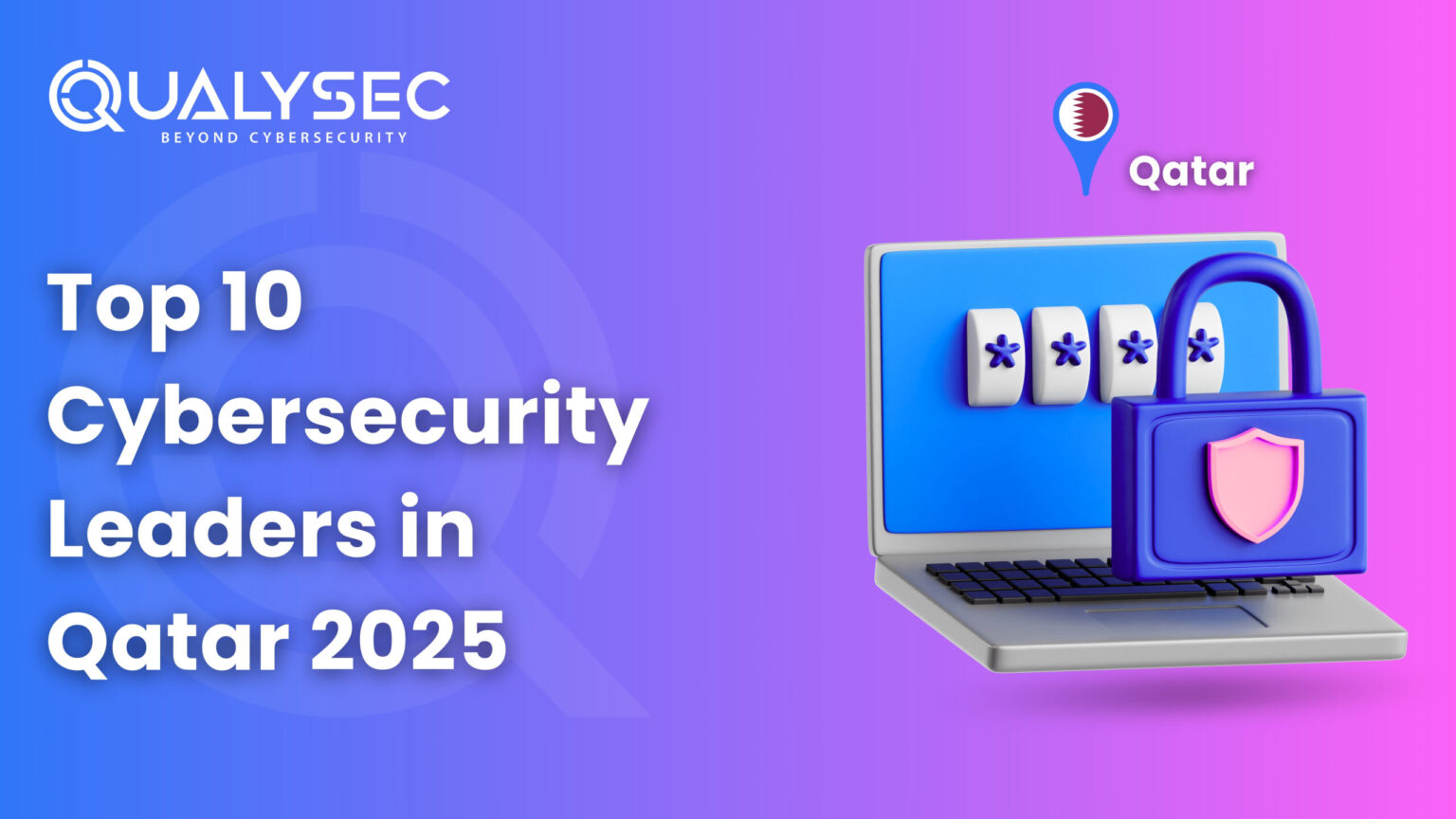Small and medium enterprises (SMEs) in Qatar are the backbone of innovation and growth. Yet many face escalating cyber threats from phishing scams and ransomware to social engineering attacks. Raising cybersecurity awareness is more than just a technical fix; it is about empowering your people to protect your business. This article helps you launch a human centred cybersecurity awareness campaign tailored for SMEs in Qatar combining enthusiasm, positivist, and clear direction.
Why Cybersecurity Awareness Matters for Qatari SMEs
Cyber threats do not discriminate; they target businesses of every size. For SMEs in Qatar, limited IT budgets or in house expertise often make defences seem out of reach. But cybersecurity awareness turns every employee into a line of defence. Teaching simple habits like spotting phishing emails, using strong passwords, and reporting suspicious activity can drastically reduce risk. Furthermore, building a security conscious culture boosts trust with clients, regulators, and partners across Qatar’s vibrant economy.
Setting Clear Goals and KPIs for Your Campaign
Define what success looks like. Are you aiming to reduce click rates on phishing tests? Increase incident reporting? Improve password hygiene? Choosing one or two measurable goals helps maintain clarity and focus. For example:
- Achieve a 90% awareness rate across all staff in three months
- Reduce simulated phishing click through from 40% to under 10%
- Reach 100% participation in quarterly security drills
These benchmarks help motivate the team, track progress, and celebrate wins along the way.

Know Your Audience: Personalise Messaging for Employees
Every individual connects with cybersecurity differently. A salesperson may worry about losing customer data; an admin assistant might fear being blamed if an account is compromised. Talk directly to people: explain how cyber hygiene protects them, their families, and the future of the company. Use real world stories or anodised examples so they relate emotionally. Keep messages simple, positive, and respectful of cultural norms in Qatar’s workplace community.
Designing Compelling Campaign Elements
A successful awareness campaign feels alive. Consider combining:
- Short animated videos or vibrant info graphics in English and Arabic
- Interactive quizzes or gamified challenges with small prizes
- Real life simulations of phishing or social engineering attacks
- Email newsletters with positive stories, safety tips, and updates
- Informal “lunch and learn” sessions where staff can ask questions in a relaxed setting
This variety keeps engagement high and speaks to different learning styles.
Training Focus: Essential Topics to Cover
Focus your efforts on these core areas:
Phishing and Social Engineering
Teach how to identify deceptive emails and requests, verify unknown senders, and report suspicious content immediately.
Password Best Practices
Encourage strong, unique passwords and use of password managers. Emphasise the value of multi factor authentication (MFA) wherever possible.
Secure Device Usage
Stress the importance of locking work devices, keeping software updated, and avoiding downloads from untrusted sources.
Data Privacy and Handling
Clarify internal policies on customer data, company secrets, and how to share files safely especially in hybrid or remote work settings.
Incident Response Know How
Give clear steps: who to contact, what to do if an incident happens, and how to remain calm. Practice drills periodically to build confidence.
Encouraging a Supportive Culture
Culture wins out over policy. Recognise and celebrate employees who spot threats or report issues promptly. Create a no blame environment where people feel comfortable speaking up. Leaders should model good habits: whether using MFA, locking screens, or completing training visible leadership builds trust and accountability.
Localising Campaigns to Qatar’s Context
Consider specifics of Qatar’s business and social environment. Use bilingual materials in Arabic and English. Relate examples to local industries like logistics, hospitality, finance or events such as major sporting or infrastructure projects. Align with national initiatives like Qatar’s cybersecurity strategy or partner with local authorities and business networks to build credibility.

Tools and Platforms to Support Your Campaign
Even SMEs can harness affordable tools:
- Phishing simulation platforms for email tests
- Learning management systems for tracking training participation
- Collaboration tools (like internal chat or intranet portals) to share reminders and updates
- Surveys or feedback tools to gauge understanding, identify gaps, and adjust messaging
Choose tools that are intuitive, scalable, and will not overwhelm your small IT team.
Rollout and Reinforcement Strategy
A campaign should not launch once and vanish. Plan a phased approach:
- Launch Phase: Kick off with a kickoff email, poster, or short event to grab attention.
- Engagement Phase: Release learning modules, quizzes, simulations over weeks.
- Reinforcement: Continue reminders weekly tips, monthly challenges, manager check ins.
- Assessment: Run surveys or phishing simulations to measure progress and adjust accordingly.
- Celebrate and Sustain: Share success metrics, reward participant engagement, and repeat the cycle quarterly or biannually.
Measuring Impact and Refining Over Time
Collect feedback regularly what resonated? what confused? Use quiz scores, simulation results, and surveys to track improvement. Look at trends: are people clicking less? Reporting more? Adjust language, delivery methods, or frequency based on what works best for your team. Share improvements transparently so everyone feels part of the positive journey.
Addressing Common Challenges Head On
You might face push back: perceived time wasted, scepticism, language barriers. Solve these by:
- Keeping training short and relevant (5 to 10 minute modules)
- Using engaging, relatable formats
- Offering support in both English and Arabic
- Enlisting enthusiastic champions trusted staff who model behaviour and encourage others
The Business Benefits of Cyber Awareness
An empowered, aware team is not just safer they are more efficient and confident. Reduced cyber risk means fewer costly disruptions and breaches. Enhanced trust from clients and stakeholders strengthens reputation. Regulatory compliance becomes easier, and staff retention may improve as people see the company is invested in their safety and growth.
Final Thoughts: Your Path to Cyber Resilience
Launching a cybersecurity awareness campaign in your Qatari SME is not about adding burden it is about unlocking resilience, trust, and confidence. By focusing on people first engaging communications, positive reinforcement, and continuous learning you build a culture that naturally protects itself. Begin with clear goals, speak your audience’s language, keep things simple and positive, and measure what matters. In doing so, you empower your team and safeguard your future.
Do follow Gulf Magazine on Instagram.
Also Read –Digital Health Records and Patient Portals in Qatari Clinics



